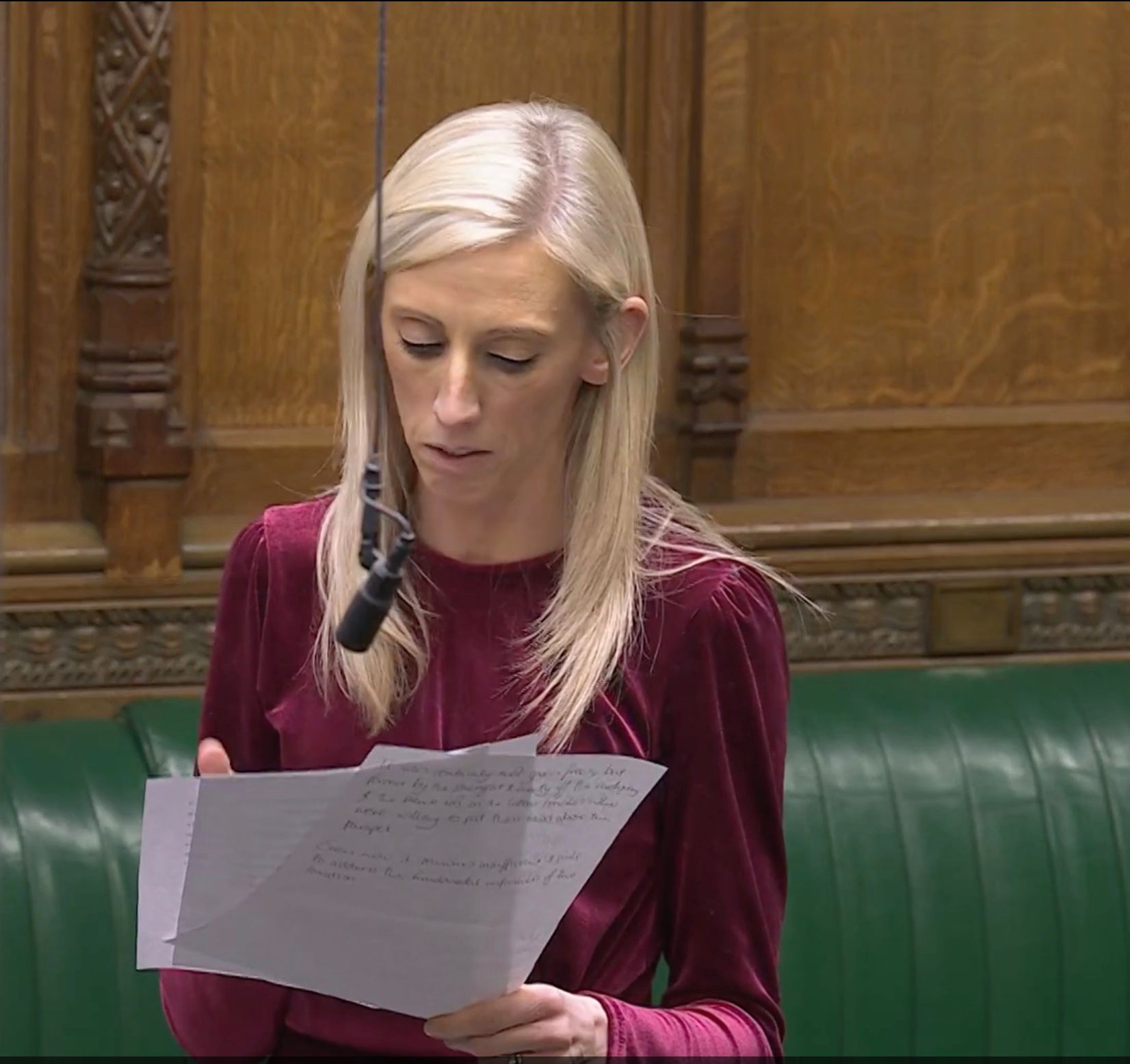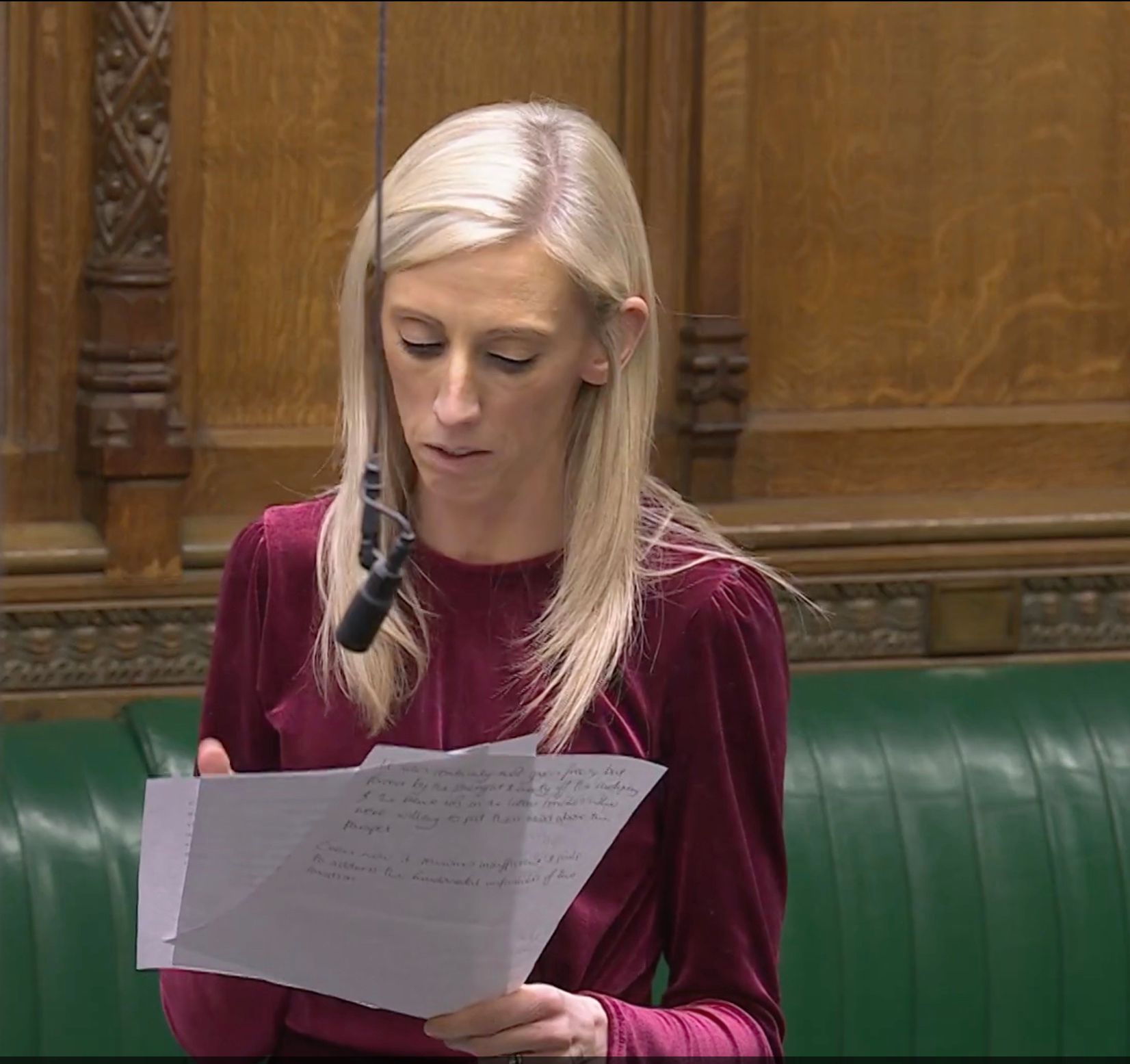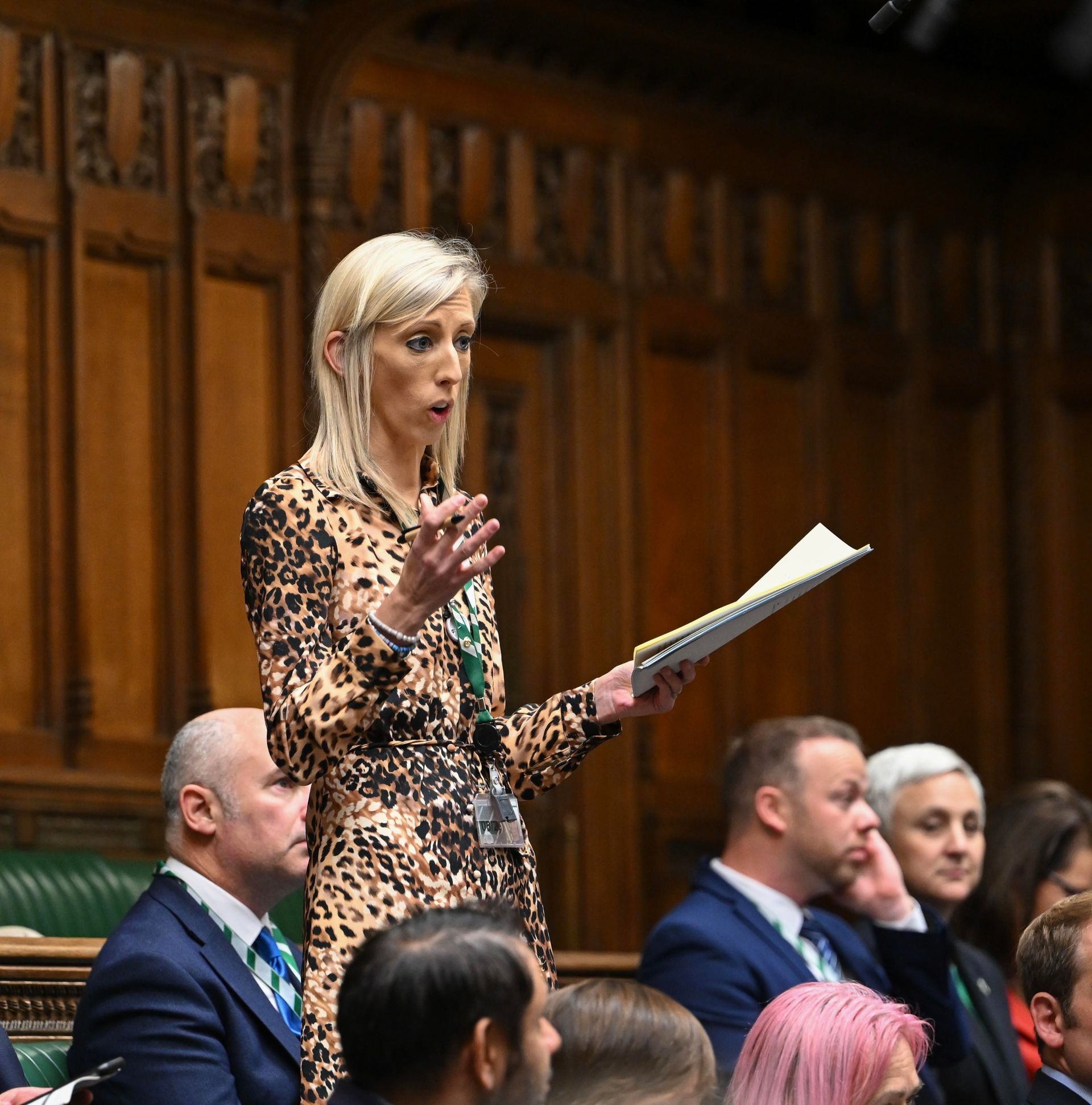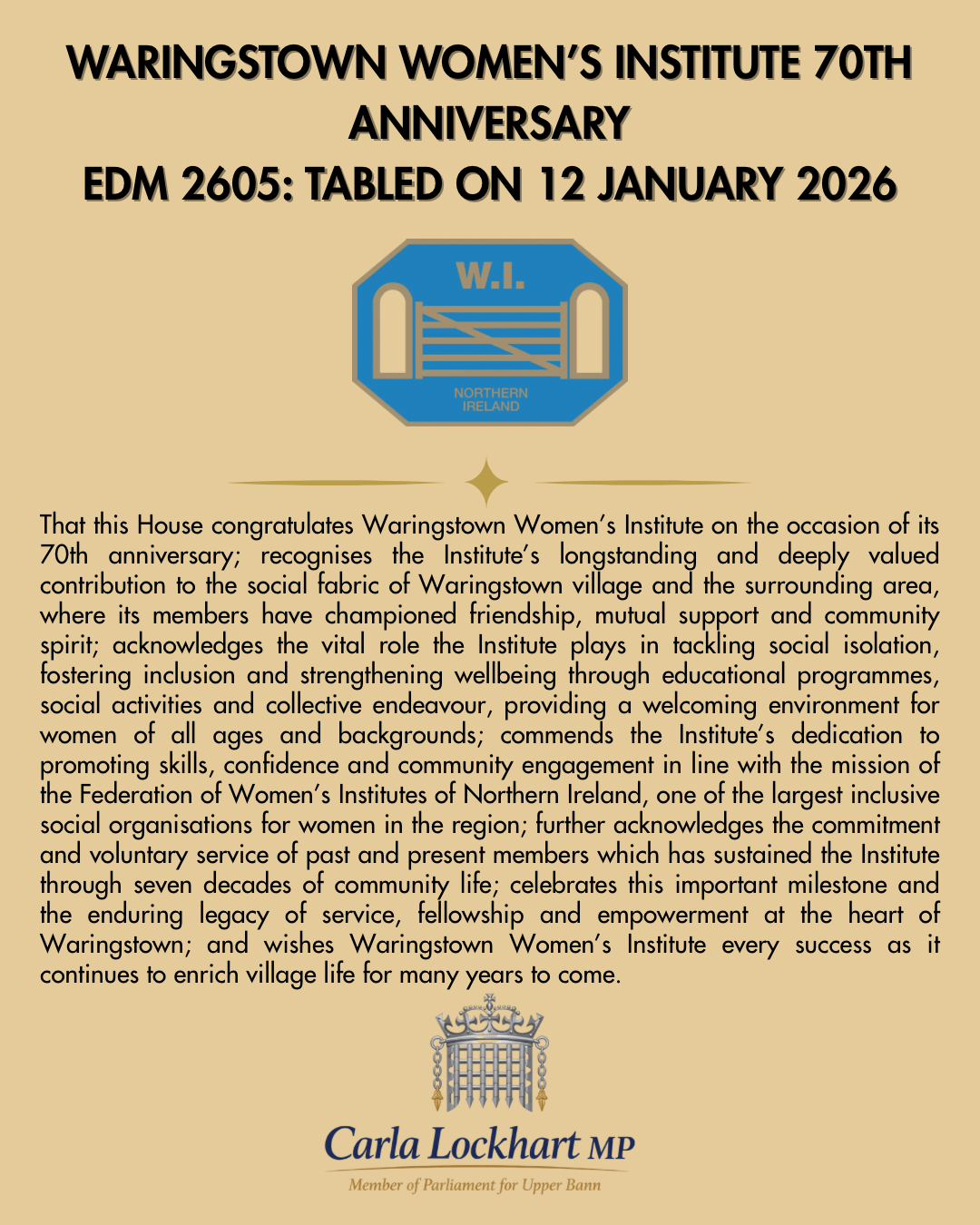Government officials told Windsor Framework failings can’t be ignored
Upper Bann MP Carla Lockhart has criticised the UK government for rubber-stamping and implementing EU red tape which is strangling the trade of used farm machinery between Great Britain and Northern Ireland.
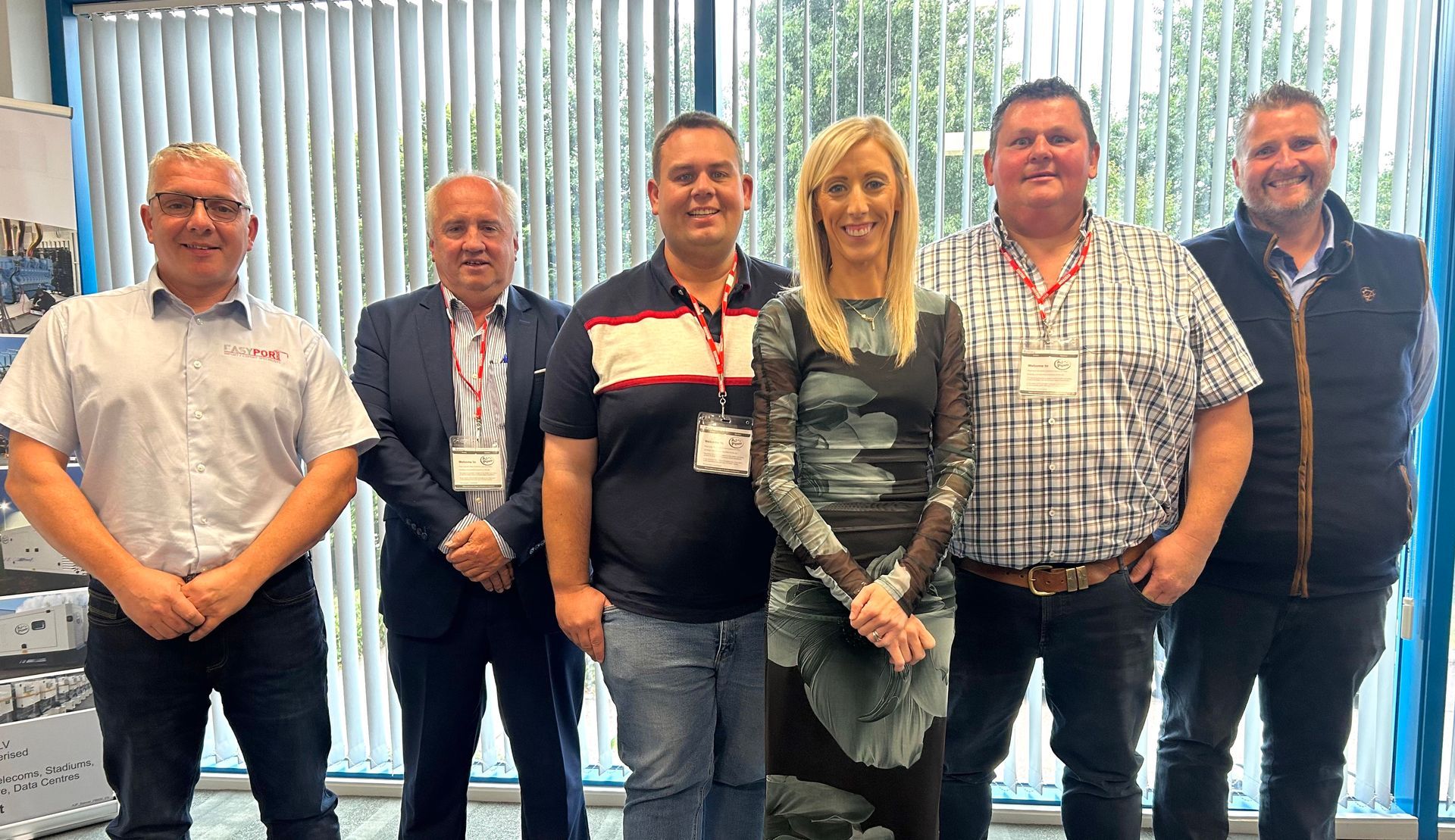
EU rules dictate that machinery must comply with plant health requirements, which include mandatory cleaning, pre-notification via the Common Health Entry Document (CHED-PP) system, and the provision of either a NI Plant Health Label (NIPHL) or a Phytosanitary Certificate (PC).
The DUP’s Westminster Agriculture spokesperson said: ”New rules, enforceable since 23rd June 2025, are burdensome, disruptive and costly for businesses shipping used agricultural and forestry machinery across the Irish Sea.”
“The issue was publicly highlighted by Gareth Gault (aka Donkey) from Grassmen during a return trip from the Royal Highland Show where he was exhibiting machinery that was spotless and in showroom condition.
“The latest debacle, is another fallout from the post-Brexit protocol and flawed Windsor Framework, which continues to fail my constituents and the people of Northern Ireland on a daily basis.
“This failure is not anecdotal, it is measurable, documented and deeply felt by both businesses and consumers. Meanwhile, the secretary of state and the Labour government bury their heads in the sand as trade is diverted and the economic noose tightens on local machinery dealers, hauliers and farmers.”
The MP took this fight right to the heart of government, tabling an Early Day Motion (EDM) in the House of Commons; and inviting senior officials from the Cabinet Office alongside representatives from DEFRA and HMRC, to visit Upper Bann for round-table talks with local businesses seeking ‘common sense’ solutions.
Ms Lockhart added: “Enough is enough! The Windsor Framework was sold as a solution, but it’s nothing more than a glossed-up version the poisonous Protocol. Despite government promises and spin, it has delivered nothing other than anguish, dismay, frustration and expensive trading barriers. Markets are in decline, businesses are suffering financially and people are losing their livelihoods as result.
“Northern Ireland’s economic future is in the balance under this infliction, while the cumbersome, unnecessary and unworkable rules are being enforced by our own UK government. The impact of the Windsor Framework failures cannot be ignored!
“Northern Ireland is subject to more than 300 areas of EU law – rules that we have no democratic say over, or no way of changing.
Carla Lockhart continued: “During the meeting, local business owners laid bare the ongoing difficulties of trading between GB and NI. They told the high-level civil servants – the people who work on policies and procedures - that they felt like “prisoners in their own country” and “no longer part of the UK”. The machinery, horticulture and agri-food businesses explained that it was easier to trade directly with companies across the EU, than deal with suppliers based in GB.
“It was a constructive meeting. Real problems were highlighted, the severity of the situation was explained and sensible and practical solutions were put forward. Red and green lanes, customs codes, tariffs and paperwork are causing confusion and expense, and there were reports that numerous couriers and hauliers feel it isn’t ‘worth the hassle’ delivering goods to NI.
“The EU is obsessed with nonsensical paperwork. Many of the rules don’t make sense and there are a lot of details to work through to find solutions.”
Cabinet Office officials confirmed that technical discussions and meetings with the EU were expected to commence this month. They also signalled that the UK government is keen to pursue a more pragmatic approach.
Ms Lockhart concluded: “There is no justification for the current regime, especially in the wake of the recent commitments of UK-EU agreement on SPS arrangements, which the government itself trumpeted.
“The challenges aren’t isolated to used machinery, horticulture and the agri-food sector. The parcels border and new customs requirements are impacting small businesses; while the construction, manufacturing and car industries are also being throttled by compliance and supply chain bureaucracy.
“Our government must step-up and stop pandering to the EU. The Protocol and Windsor Framework must become a distant memory, but until then, we need a practical and common sense approach that allows free trade between GB and NI.”
